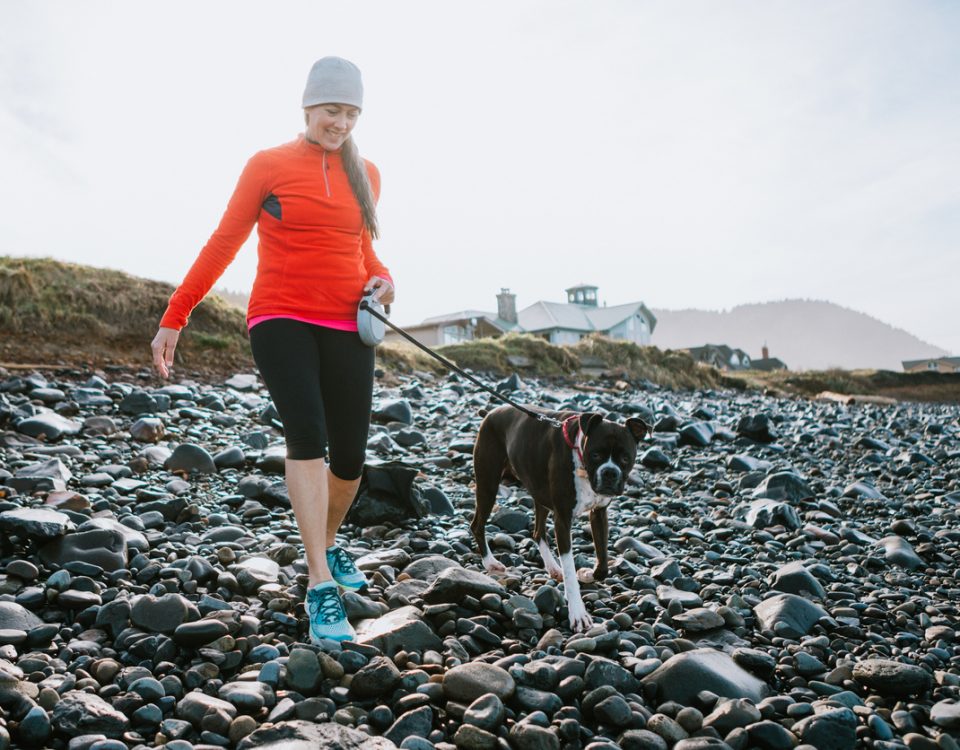
What is the Mind-Gut Connection?
April 4, 2020
What can we do to Support Longevity?
May 15, 2020Five Things a Nutritionist Wish She Knew in her 20’s

We’ve been chatting to some of our very own experts about the things they wish they had known in their 20’s. Emma, our nutritionist, put her list together and we love it because it sounds exactly like Emma! It’s been great to see a more personal side of some of our team. You’ll have to let us know if you want to see more like this. Without further introduction, here are the 10 things Emma wish she knew in her 20’s.
1. More is not always better.
This is true for many things and in my 20’s this was definitely the case for coffee and caffeinated energy drinks.
I’ve learnt that unfortunately more caffeine does not = more brain/study power, and while a small amount can be a great way to increase alertness and concentration, too much can put you in a place of headaches, anxiety and insomnia (not to mention an empty wallet).
Consuming up to 400mg of caffeine a day (about 4 cups of instant) is not an issue for most people, but some of us are more sensitive than others and even moderate amounts can have unpleasant side effects.
2. Drink more water.
It’s probably fair to say that the more coffee and energy drinks consumed, the less water that was drunk.
Our brains are roughly 75% water and when sufficiently hydrated we can think quicker, concentrate better and experience greater clarity and creativity. In addition, water, unlike most other beverages has zero calories and helps to prevent tooth decay by keeping our mouths clean.
Before reaching for that second coffee, energy drink or sugar-sweetened drink, consider whether it might just be good ol’ water that your brain cells are crying out for. To determine whether-or-not you are drinking enough water, check the colour of your urine – aim for light yellow.
3. Drink sports drinks only if you need them.
Sugar- loaded sports drinks were all the rage when I was at Uni. The gym would be full of students using the hour slot between lectures to madly exercise – sports drink in hand.
If exercising for more than 90 minutes a carbohydrate and electrolyte-containing sports drink will help to replenish muscles glycogen stores and replace the minerals lost through sweat. For any exercise session less than 90 minutes, use water or a low-sugar electrolyte drink and save yourself the extra calorie intake!
4. The importance of getting nutrients from real, whole foods, fruit and veg.
Taking a daily multivitamin/mineral supplement does not make up for having a terrible diet and does not mean you can skip the fruit and veg part. We are learning more and more about the importance of maintaining good gut health and fibre is so important for this.
There’s no significant amount of fibre in a multivitamin/mineral capsule or tablet so be sure to eat those greens, fruit, whole grains, legumes and nuts.
5. You can eat nutrient-dense foods on a budget.
Something I wish I had done more of as a budget-conscious student is to get down to the local farmers market on the weekends.
It’s the perfect place to grab a bargain, locally-grown (hasn’t travelled halfway around the globe to get here) produce is so much more affordable at markets.
You don’t need to spend your money on heavily- marketed ‘health’ and ‘super’ foods when we’ve got these goodies available for a fraction of the cost.
6. Food prep is EVERYTHING!
As many lecturers will tell their students, ‘failing to prepare is preparing to fail’. Here are some tips to help get your food prep under control!
- Keep some versatile pantry staples on hand- things that are easy to prepare, like rice (brown or Basmati), pasta (wholemeal), oats (wholegrain), eggs, potatoes, frozen veg, tinned legumes/corn & fish etc.
- Cook in bulk and freeze meals like quiche or frittata or a crockpot of soup or stew in winter.
- Preserve or freeze the seasonal fruits you pick up at the farmers market so you can enjoy them all year round.
- Make a large tub of home-made muesli and hide it from the flatmates.
- Make twice as much at dinner so you’ve got an easy lunch the next day.
Food prep might require a little more time and effort in the short term but it’s totally worth it in the long term.
7. Learn how to read nutrition information panels and ingredients lists.
When time-poor and hungry it’s easy to grab the nearest seemingly healthy food item available, the one that shouts ‘High protein’, ‘Good source of fibre’ or ‘99% fat-free’.
Take a good hard look at the product. Protein and fibre are great nutrients, but what is the total calorie content? What is the sugar and fat content? From which ingredients are these nutrients coming from? And wait, what even is that ingredient?! Is it 99% fat-free because it’s full of sugar instead? Also, do you think the stated serve size is realistic- would you really eat only 30g of that cereal?
Taking the time to learn how to interpret food labels has helped me hugely when it comes to buying packaged foods.
8. Natural doesn’t necessarily mean healthy.
The word ‘Natural’ is often interpreted as ‘healthy’. While most will agree that it’s better to choose natural foods over processed ones, just because it’s ‘natural’ agave nectar/brown rice syrup/molasses/date sugar/honey/raw brown sugar/coconut sugar, at the end of the day it’s still sugar and too much sugar will have the same effects on health despite it containing a few extra minerals or not.
9. Don’t fall victim to fad diets.
As an information-hungry, 20-year-old nutrition student I would often use the time I spent in hair-dressers and doctors waiting rooms learning about the latest celebrity-approved, lose-fat-fast diet. There was a baby food diet, lollypop diet, a cabbage soup diet. Like many young women, I was intrigued by the ‘lose weight fast’ claims.
The thing I’ve learnt about weight loss though, is that in order to reap the benefits (maintain the weight loss) long-term, your way of eating must be sustainable. It must be a lifestyle change, not just a 10-day juice cleanse. We need to create healthy habits that we can live with. Think of it as a savings plan. Very few of us get rich fast by winning Lotto, we need to work away at it, create a ‘healthy’ habit of putting smaller amounts of money away each week in order to create a significant benefit.
10. Try focusing less on how you look and more on how you feel.
Many young people put themselves under extreme pressure to look a certain way. As a result, some can have a pretty unhealthy relationship with food. Positive body image, confidence and mental health can also suffer. Since my 20’s I have learnt to appreciate what an amazing piece of equipment my body is and all that it allows me to do.
Remember to:
- Treat your body with the respect it deserves.
- Nourish your body with good food (this includes a glass of wine and a piece of cake from time to time).
- Keep your body hydrated
- Move your body.
- Give your body the time it needs to recover from illness.
A big thanks to Emma for her take. We hope you found some of these reminders & thoughts as helpful as we have! If you want more information, you can even give our naturopaths a call. They can advise on many areas of health and wellness.
Catch you next time x



